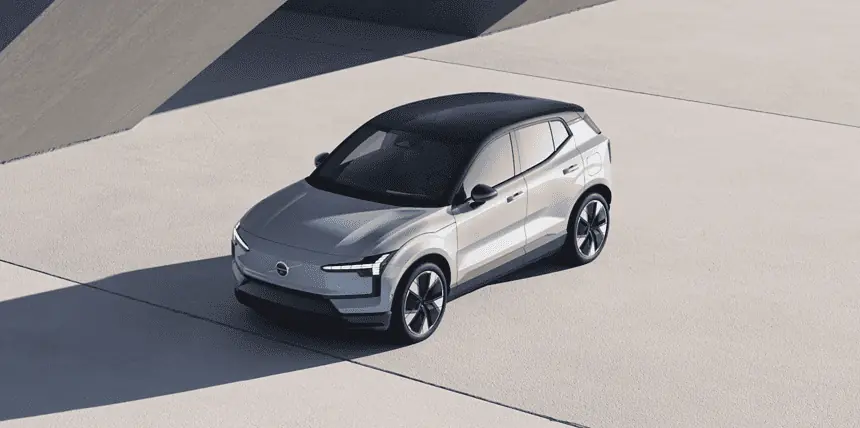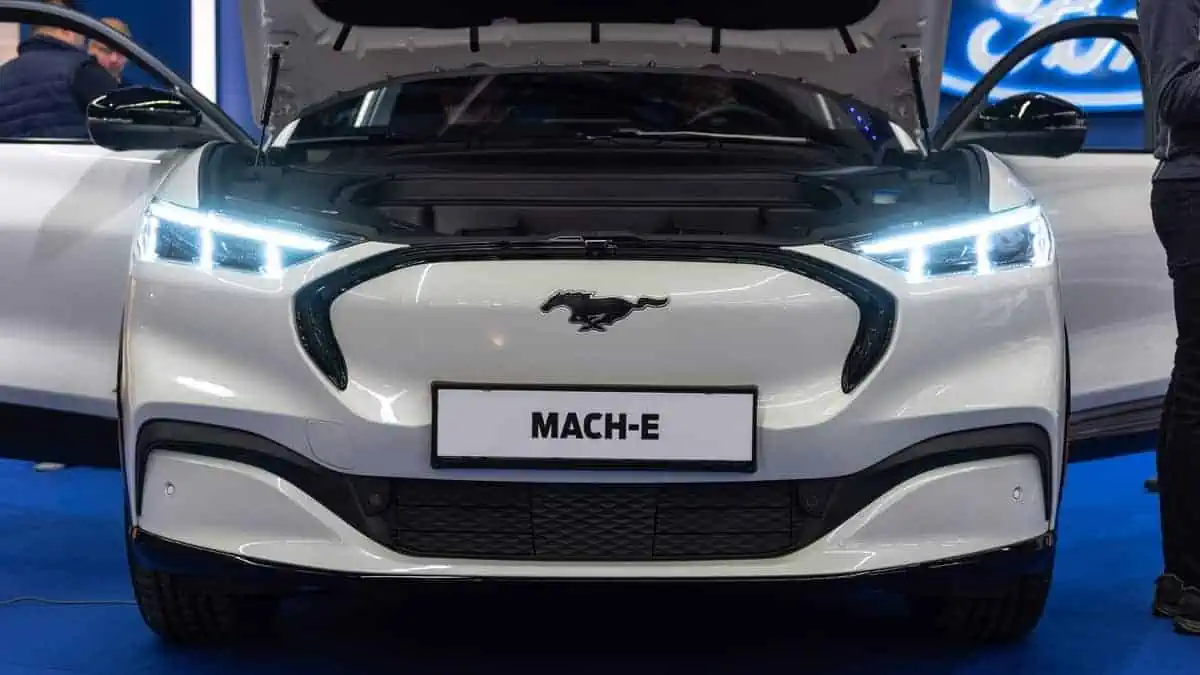Volvo has just initiated a major shift in its electric vehicle production strategy. According to The Times, the Swedish automaker has started to move its EV production from China to Belgium to avoid the looming import tariffs on Chinese-made EVs in Europe.
Potential EU tariffs on Chinese-made EVs prompt shift
Volvo has started relocating its electric vehicle production from China to Belgium primarily because it anticipates that the EU will follow through with its plans to impose higher import tariffs on Beijing-subsidized electric vehicle imports in the region.
The Swedish automaker is also reportedly planning to move the production of some Volvo models bound for the UK.
For context, the European Commission initiated a probe in 2023 to determine whether China-made EVs benefit from distortive subsidies from Beijing.
The probe formally launched on October 4 last year and will potentially conclude up to 13 months. The Commission can set provisional anti-subsidy tariffs nine months after initiating the investigation.
The Commission is expected to announce its decision on the potential provisional tariffs on July 4, which would increase import duties from the current 10%.
Volvo withdraws plans to halt sales of China-built EVs bound for Europe
Volvo was also planning to stop selling Chinese-made EVs in Europe if the EU ends up introducing import tariffs, the report noted, citing company insiders. It will supposedly help the Swedish brand mitigate the potential impact of EU tariffs.
However, moving the Volvo EX30 and EX90 production to Belgium is expected to eliminate the necessity for such moves. The report indicated Volvo’s remarks that halting the sales of EVs produced in China is no longer under consideration.
Volvo’s recent moves demonstrate the intensifying trade tensions between the EU and China. It also hints at the potential impact these tensions can have on global supply chains for electric vehicles.
All that said, it remains to be seen how the situation will develop. Nonetheless, Volvo’s production relocation suggests that the company is taking steps to minimize the risk of disruptions caused by potential tariffs.






